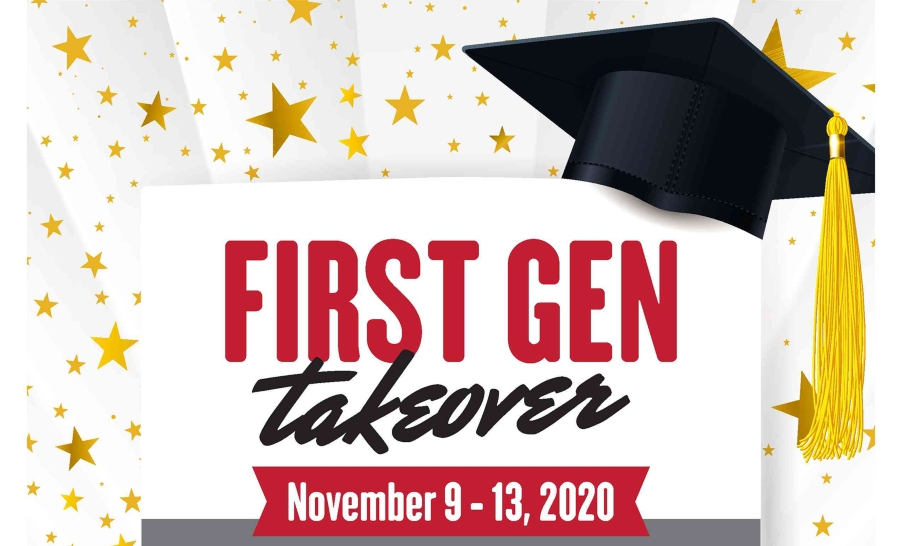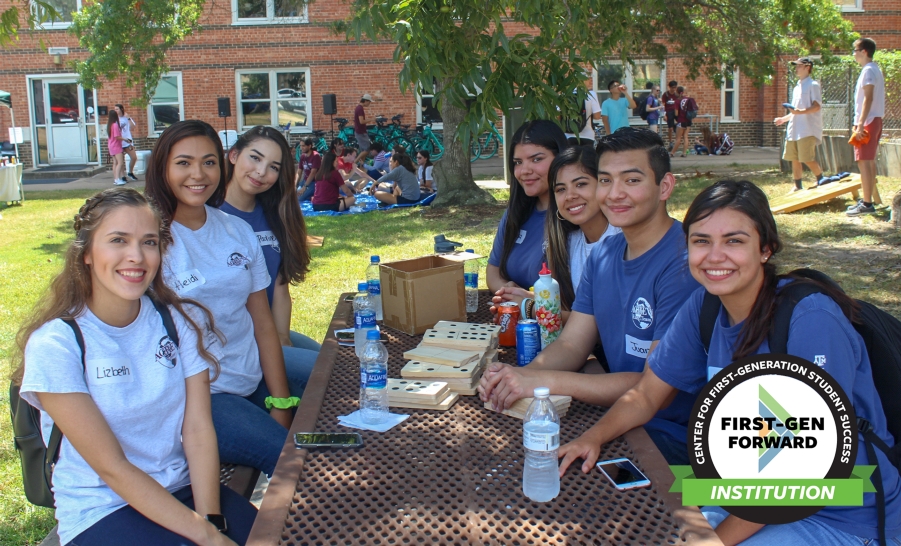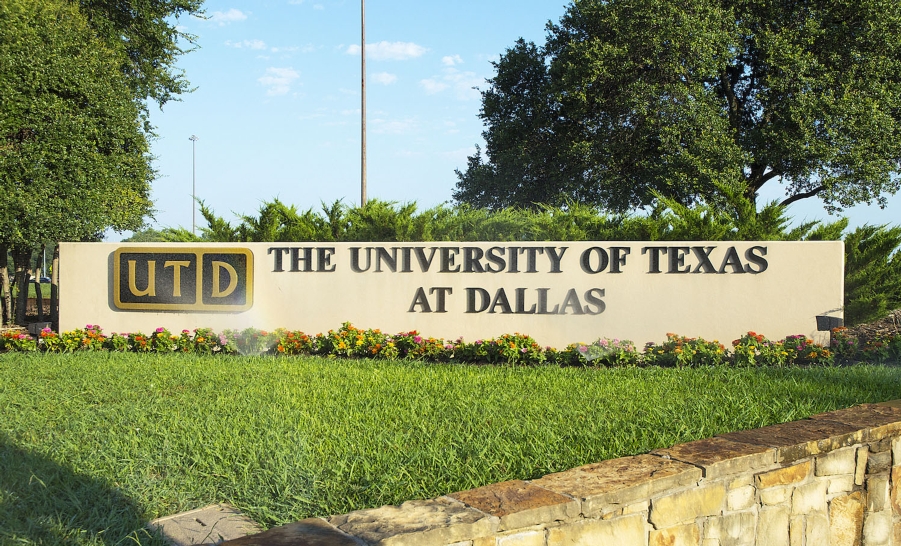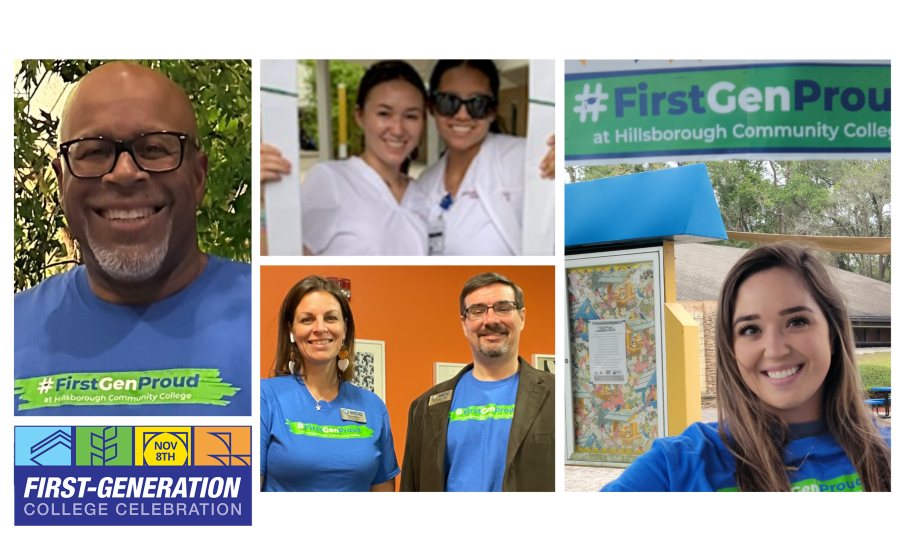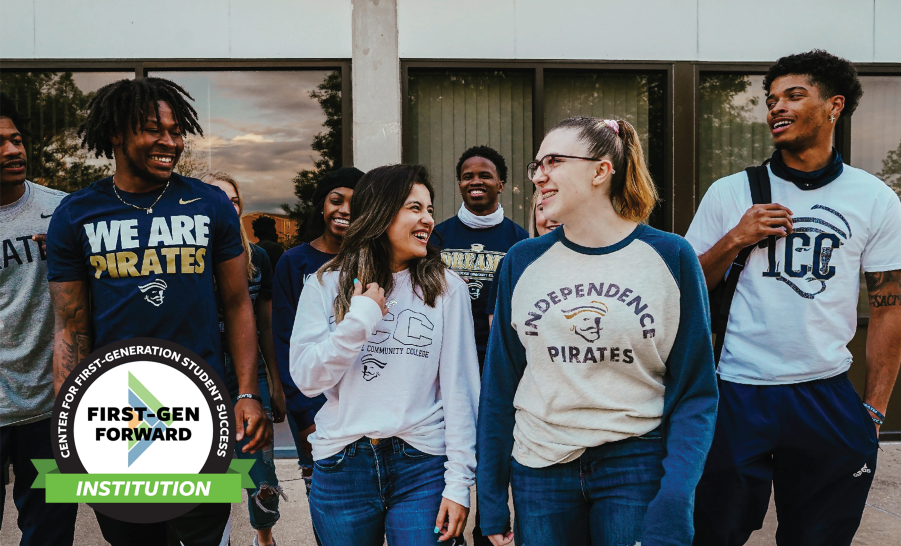Engaging Faculty: Partners in Retention and Persistence for First-generation College Students
Charlene Lobo Soriano, Ed.D., University of San Francisco / FirstGen Forward / December 09, 2020
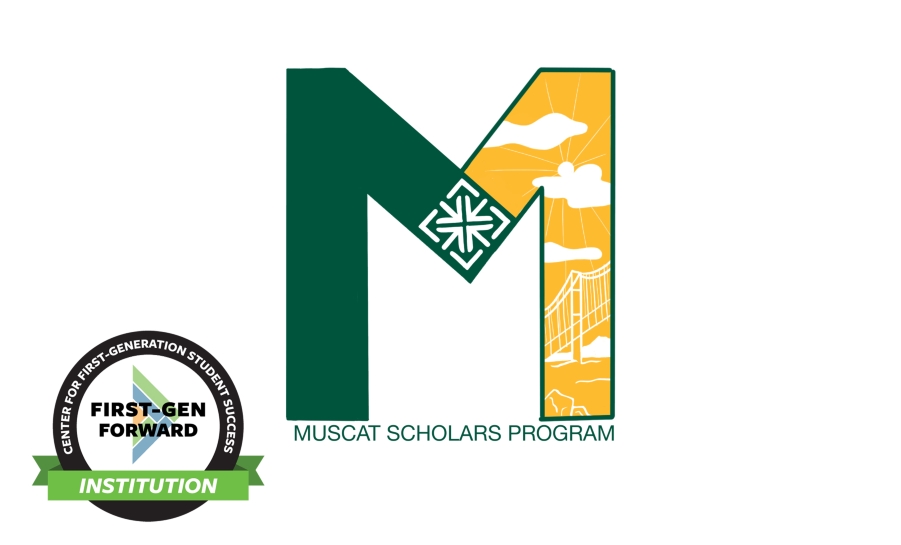
Engaging faculty is a target when it comes to student affairs work–a goal that is worth working towards because the rewards are many. However, building alliances with faculty is both elusive and challenging because many institutions of higher education are siloed spaces, and it’s not very often that practitioners can network effectively and effortlessly with faculty.
The University of San Francisco (USF) is a private, Catholic, Jesuit university in the heart of the city. We have 5,852 undergraduate students at the Hilltop, with a 13:1 student to faculty ratio. With such a small campus population with a small physical footprint, it’s not uncommon for students, faculty, and staff to walk the well-worn paths to and from buildings and network with ease. However, to network in a meaningful way can be challenging, particularly when it comes to retention.
Retention work is arguably every colleague’s responsibility, regardless of rank or status at the institution. To get both faculty and staff on the same page is a dream, and we would like to share our work with you in how we accomplished this feat.
We started with the Center for Teaching Excellence (CTE), a space to “celebrate, support and help develop excellent teaching across the university, at all stages of a faculty member's career.” The CTE has a call for faculty learning communities (FLCs): small, inter-disciplinary groups of six to 10 faculty who meet twice a month each semester for an academic year to address a pedagogy or academia-related problem of mutual interest. We approached faculty with whom we were connected with the idea of possibly hosting an FLC centered on the experiences of first-generation college students at USF to reveal the challenges they face, how they navigate, and the people important in that process. We also wanted to find out what’s working—and what’s missing—in the university’s efforts to serve, teach, and support first-generation college students.
Partnering with faculty does take work, and it can be challenging, but it is not impossible. Ultimately, if we are working hand-in-hand, everyone wins, especially first-generation college students.
It’s worth noting that the FLC and CTE are faculty-only spaces, and through cultivating networks with faculty through our invitations to programming, recognition ceremonies, and attendance at campus events, were we able to co-facilitate an FLC with a faculty member. Faculty, in fact, advocated that a staff member, Charlene Lobo Soriano, the program director of the Muscat Scholars Program and associate dean for retention and persistence, serve as the co-facilitator.
Over the next year, we met regularly to discuss the experiences of first-generation students through both the student and faculty lens. We were able to talk deeply about our work and our concerns, and before shelter-in-place, we were able to host a dinner with first-generation students and faculty to learn first-hand about their experiences.
In all, faculty in the FLC found that a deep dive into the first-generation college student experience was both illuminating and motivating. They learned information about services and data points that were relevant to the first generation experience at USF that they were not privy to, including retention and concerns of students. Because our time together was both fruitful and transformative, we wanted to share our knowledge.
As a group, we:
-
created a website to:
-
share our research;
-
share best practices; and
-
link to programs serving first generation students on campus and at other campuses;
-
worked with our Center for institutional Planning and Effectiveness (CIPE) to create a report of first-generation college students in any particular course so faculty can identify their first-generation college students and see the percentages in their courses;
-
will present a “Little Changes, Big Impact” workshop for faculty on best practices for working with first-generation college students; and
-
collected student videos to talk about advice for faculty, what they wished faculty knew about them, and advice for first-generation students.
While the term of the FLC concluded in May 2020, we continue to discuss issues of importance to first-generation college students, increasing Student Life’s reach and range of support for both faculty and students. Referrals to first-generation college students from faculty and coaching with faculty have increased, partnerships with schools and departments are on the table when they weren’t before, and we are seeing a greater visibility due to our networking efforts.
Partnering with faculty does take work, and it can be challenging, but it is not impossible. Ultimately, if we are working hand-in-hand, everyone wins, especially first-generation college students.
If you want to do the same, we recommend that you:
-
see every opportunity as one to network;
-
incorporate faculty at all levels of your programming, advisory board, and teaching;
-
commit to promoting your programs/efforts to faculty;
-
cultivate faculty champions; and
-
serve on retention and persistence committees.
Best of luck to all who endeavor to work with faculty–it’s an amazing opportunity that we don’t often discuss. With the knowledge that many faculty members are in fact first-generation students themselves, they are an untapped resource that can help to grow and bring much-deserved attention to your program and students.
For more information on the University of San Francisco's approach, please visit their website here.
